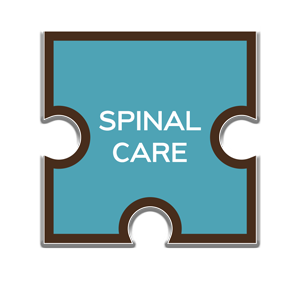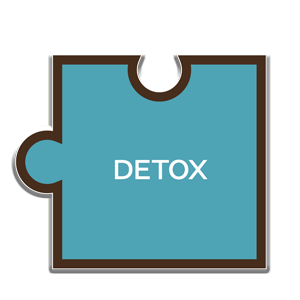Digestive Disorders

Digestive Disorders and the Brain Stem
Research and clinical evidence continues to suggest that a malfunctioning nervous system may be a key factor in the development of many digestive disorders.
Much of the control of the digestive system is under the direct control of the brain stem via the vagus nerve. The brain stem is the command center for many vital functions, including digestion. It works very much like a telephone cable with thousands of individual wires or nerve fibers sending signals back and forth between the brain and brain stem to every cell, organ, and system in the body.
Misalignments in the upper cervical spine (neck) can interfere with the function of the brain stem which can be a critical factor in many health problems, including digestive disorders. These misalignments can be caused by a number of things - bumps, falls, sports injuries, car accidents, birth trauma, and emotional stress. Health problems may appear immediately after the injury or several years later.
Acid Reflux, Constipation, Irritable Bowel Syndrome
For most people, digestion is a natural process that we take for granted. However, there are millions of Americans who are not as fortunate. When the digestive process goes awry, it can result in any number of digestive disorders which can interfere with normal, healthy functioning.
While the list of digestive disorders is vast and varied, some of the more common ones are colic, acid reflux, constipation, irritable bowel syndrome and Crohn’s disease. A component many of these disorders share is a nervous system that is “out of sync.”
Every section of the GI tract is prone to its own unique disorder - some are merely annoying, such as heartburn, while others can be painful or even debilitating with cramping, bloating, diarrhea, constipation, or bleeding. If the condition persists, it can undermine a person's overall health, and, in some cases, threaten his or her life.
Research and clinical evidence continues to suggest that a malfunctioning nervous system may be a key factor in the development of many digestive disorders.
Much of the control of the digestive system is under the direct control of the brain stem via the vagus nerve. The brain stem is the command center for many vital functions, including digestion. It works very much like a telephone cable with thousands of individual wires or nerve fibers sending signals back and forth between the brain and brain stem to every cell, organ, and system in the body.
Misalignments in the upper cervical spine (neck) can interfere with the function of the brain stem which can be a critical factor in many health problems, including digestive disorders. These misalignments can be caused by a number of things - bumps, falls, sports injuries, car accidents, birth trauma, and emotional stress. Health problems may appear immediately after the injury or several years later.
Acid Reflux, Constipation, Irritable Bowel Syndrome
For most people, digestion is a natural process that we take for granted. However, there are millions of Americans who are not as fortunate. When the digestive process goes awry, it can result in any number of digestive disorders which can interfere with normal, healthy functioning.
While the list of digestive disorders is vast and varied, some of the more common ones are colic, acid reflux, constipation, irritable bowel syndrome and Crohn’s disease. A component many of these disorders share is a nervous system that is “out of sync.”
Every section of the GI tract is prone to its own unique disorder - some are merely annoying, such as heartburn, while others can be painful or even debilitating with cramping, bloating, diarrhea, constipation, or bleeding. If the condition persists, it can undermine a person's overall health, and, in some cases, threaten his or her life.






